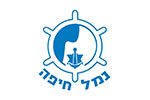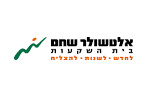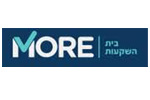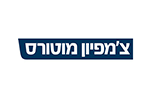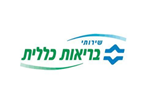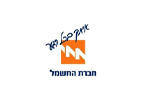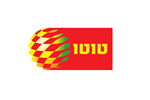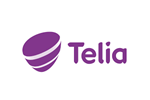Though recent numbers show that unemployment in the U.S is declining, the reality is still far from perfect. Even with unemployment rates showing an improvement, one must wonder if the workers are better off.
Are they choosing between multiple employment options or just accepting the first job offer that comes their way or the first place that is willing to hire them?
These questions are important when examining the payment methods that make up the employees’ income, which are usually broken up into four categories:
• Basic salary – Paying employee periodically for services.
• Compensation – payment done in return for services.
• Incentive – a prize, meant to incite employees for a higher performance.
• Bonus – payment (in money) igranted to a worker, in addition to basic salary, as an appreciation for a certain performance ranted
For an employer, it is easy to figure out the basic salary and compensation segments. There is plenty of comparative information available and a minimum wage is also usually legislated. It is the bonus and incentive segments that are tricky to figure out. In order to do that you, as an employer, need to really know and understand your employees, their mindset and motivation factors.
Cash is the first thing that comes to mind when we think about incentive and bonuses; it is the “natural answer” – but is it “the answer”? Not necessarily. Research shows us that incentive dollars, when embodied in the monthly salary, get lost, and is not really seen or remembered by the employee. Thus, minimizing the incentive value.
Cash, or any incentive solutions for that matter, must also be accompanied by recognition. An employee must know exactly why he deserved the incentive to maximize the efficiency of the reward, for him not to take the incentive for granted. It’s also a way for the employer to show the employee that he knows and understands him, by giving him a personalized incentive rather than just cash. For example, an employee that loves sports and talks a lot about a certain basketball team – will appreciate courtside tickets to a game and will likely be more motivated by that reward as well as grateful and humble that the employer pays attention to him.
Sometimes, an incentive that is personalized and thoughtful may be more valuable to the employee than the monetary value of it. For that reason, it is important to have a good incentive compensation plan that really strives to know and understand the employees. After all, working at a place where you know you’re appreciated and heard and cared for is a serious motivator – valuable at least, if not more, than cash.





















